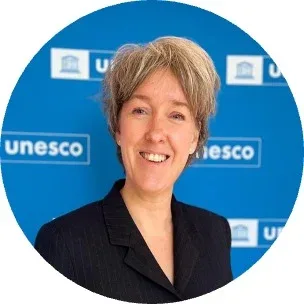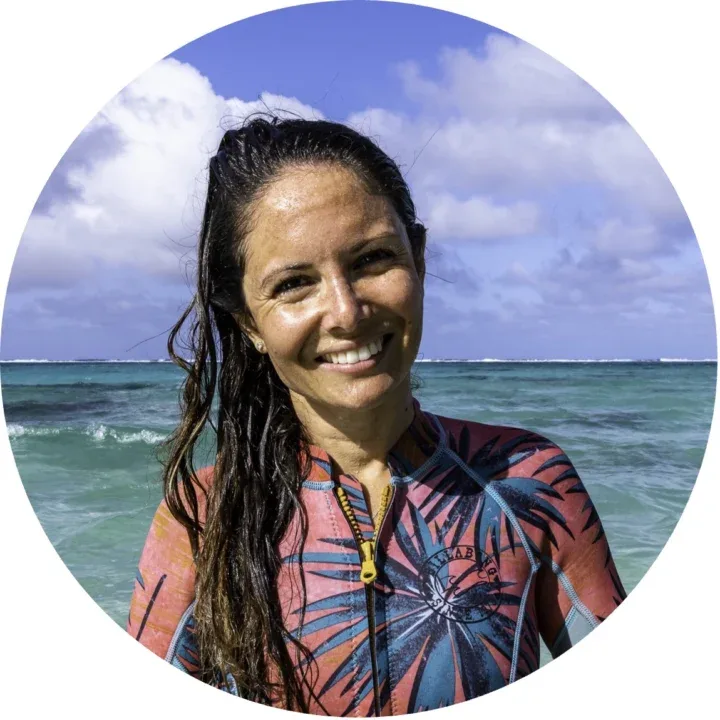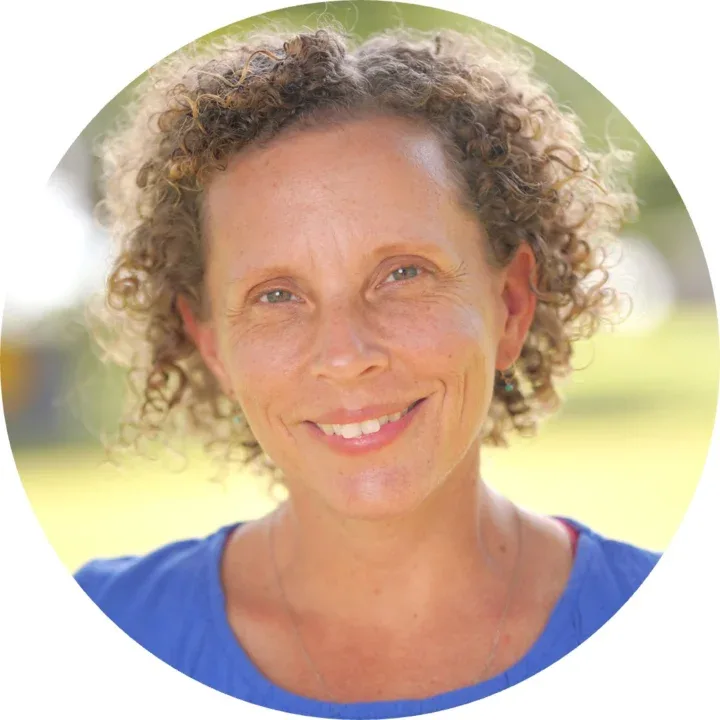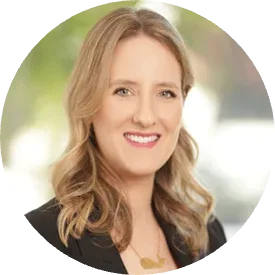Meetings Other Relevant Events


The Impacts of Land-based Sources of Pollution on Coral Reefs.
The impacts of land-based sources of pollution on coral reefs are profound and multifaceted, contributing significantly to their degradation worldwide. Runoff containing sediment, nutrients, pesticides, and industrial waste from human activities such as agriculture, urban development, and manufacturing can lead to sedimentation, nutrient enrichment, and chemical contamination in reef environments. These pollutants disrupt the delicate balance of coral reef ecosystems, causing coral bleaching, reduced growth rates, altered species compositions, and increased susceptibility to diseases. Additionally, land-based pollution can exacerbate the effects of climate change and ocean acidification, further jeopardising the health and resilience of coral reefs, which are vital marine ecosystems supporting diverse marine life and providing essential ecosystem services. Addressing these sources of pollution through improved land-use practices, wastewater management, and policy interventions is crucial for the preservation and restoration of coral reef ecosystems.
This one hour webinar will provide on-the-ground perspectives into actions being undertaken to address land-based sources of pollution on coral reef ecosystems.
The meeting will be recorded.
English
Should you have any questions or need more information, do not hesitate to contact the ICRI Secretariat
Thursday 4th April 2024
Agenda
Opening and Housekeeping
Margaux Monfared, ICRI Secretariat
Welcoming Remarks
Dr. Fanny Douvere, World Heritage Marine Programme, UNESCO
Integrated Ridge-to-Reef Monitoring Framework: Tracking Reduction of Land-Based Pollutants and Their Impact on Caribbean Near-Shore Ecosystems in Culebra, Puerto Rico (.PDF)
Dr. Yasiel Figueroa, Protectores de Cuencas
Monitoring Water Quality and its Impacts in the Great Barrier Reef World Heritage site (.PDF)
Dr. Martina Prazeres, Great Barrier Reef Marine Park Authority (GBRMPA)
E Ola Olowalu: A vision to protect a critical reef in West Maui (.PDF)
Dr. Kim Falinkski, The Nature Conservancy
Introducing A Guide for Pollution Assessment & Monitoring in Coastal Ecosystems (.PDF)
Dr. Amelia Wenger, Wildlife Conservation Society
Questions and Answers Session
Moderator: Margaux Monfared, ICRI Secretariat
Closing Remarks
Dr. Fanny Douvere, World Heritage Marine Programme, UNESCO

Dr. Fanny Douvere currently leads UNESCO’s World Heritage Marine Programme overseeing the conservation of 50 iconic ocean places on the World Heritage List. Since she took office in 2010, marine World Heritage has transformed into a global network of flagship marine protected areas that today spans across 37 countries from the tropics to the poles. She serves as UNESCO’s lead advisor on ocean World Heritage dossiers ranging from Australia’s Great Barrier Reef, the Sundarbans in Bangladesh to the endangered Vaquita in the Gulf of California in Mexico. In June 2018, she led UNESCO’s negotiations toward the successful removal of the Belize Barrier Reef from the List of World Heritage in Danger. In March 2021, she led UNESCO’s science work illustrating that marine World Heritage hosts over 20% of the world’s blue carbon assets. Previously she was responsible for UNESCO’s first global assessment of the impacts of climate change on UNESCO World Heritage-listed coral reefs and its work on World Heritage in the High Seas in 2017 and 2016 respectively.

Yasiel A. Figueroa Sánchez is an accomplished Environmental Scientist and Geographer hailing from Isabela, Puerto Rico. With over 8 years of dedicated experience in environmental research and conservation projects, Yasiel has become a leading voice in the protection of coral reef ecosystems in Puerto Rico. His expertise spans various aspects of environmental science, with a particular focus on monitoring and managing land-based sources of pollutants impacting coral reefs. Yasiel’s research has delved deeply into evaluating the impact of unpaved roads on hydrologic and coastal resources, shedding light on critical issues facing marine ecosystems. His contributions to this field are reflected in the implementation of green infrastructure and multiple peer-reviewed papers, where he has co-authored groundbreaking studies on this subject.
Currently serving as a Project Coordinator and GIS specialist for Protectores de Cuencas (PDC), a community-based NGO in Yauco, Puerto Rico, Yasiel spearheads efforts to develop integrated watershed management plans. These plans are designed to enhance hydrological and coastal resources while fostering harmony between coastal development, agriculture, and the environment. One of the most notable projects he collaborates on with PDC involves the implementation of a monitoring and evaluation framework for Culebra Island aimed at safeguarding its nearshore ecosystems. Developed by a multi-sectorial team comprising local organizations, NOAA, and other state agencies, this framework excels in integrating the tracking of land-based pollutant stressors, their exposure in the nearshore environment, and the response of nearshore habitats to pollutants. Moreover, it integrates monitoring the effectiveness and performance of Best Management Practices (BMPs) aimed at reducing pollutant loads.

Dr. Martina Prazeres is a coral reef biologist and ecologist, with over 15 years research experience in the Great Barrier Reef, and reefs worldwide. Over the course of her research career, she has worked on projects related to the impacts of poor water quality and climate change on the physiology and ecology, as well as evolutionary biology, of reef organisms. She was also involved in the revision of a bioindicators of water quality in inshore reef systems (i.e. the FORAM Index). Currently, she manages the Great Barrier Reef Marine Monitoring Program at the Great Barrier Reef Marine Park Authority. Her main role involves developing strategic approaches and resources for communication and dissemination of the importance of water quality monitoring and the impacts of poor water quality to inshore ecosystems in the Great Barrier Reef.

Kim Falinski leads strategic planning around land-based pollution that connects into ocean for the Hawaii and Palmyra Chapter of The Nature Conservancy. An environmental engineer and soil scientist by training, she works to make the case for projects that can reduce wastewater and sedimentation impacts to nearshore ecosystems. When possible, Kim works to include nature-based and indigenous-knowledge solutions into her work, including considering the role of wetlands, taro fields and bioswales to capture nutrients and soils. She has been a technical advisor for a Maui based community water quality program since 2015, and helped to use that data to advocate for watershed management actions. Kim has provided guidance to the Cesspool Working Group for the State of Hawaii to prioritize upgrades, and has focused on finding better ways to choose the right tech solutions for the right communities in the right places to make the most difference for nearshore reef systems. Most recently she has been involved in coordinating the environmental response and planning by community, academia and government to the Lāhaina wildfires. Kim holds a PhD from University of Hawaii at Mānoa in Tropical Plant and Soil Science, a MSc from Cornell in Biological and Environmental Engineering and a BS in Electrical Engineering from MIT. She is a Professional Engineer for the state of Hawaii.

Dr. Amelia Wenger leads Wildlife Conservation Society’s water pollution program. Her role involves developing strategic approaches and resources for pollution assessment, monitoring, and management, in order to guide country programs on tackling water pollution effectively. Amelia has 13 years of professional experience in coral reef ecology and conservation, water quality management, and ridge to reef conservation planning. Over the course of her career, she has worked on projects related to pollution impacts to coastal ecosystems, pollution monitoring, modelling, and mapping, and pollution management throughout the Indo-Pacific. She is also a Senior Research Fellow at the University of Queensland.

Margaux Monfared forms part of the International Coral Reef Initiative (ICRI) Secretariat. She has experience in managing and organising marine conservation projects in diverse reef environments around the world, including Honduras, Cambodia, and the Maldives. Her experience focused on increasing coral reef resilience to climate change. Her most recent research focused on the reproductive patterns of Acropora in the Maldives, as well as coupling asexual propagation methodologies with the use of coral larvae for restoration. Margaux joined the ICRI Secretariat in May 2023 and supports ICRI’s members in the implementation of the Plan of Action 2021 – 2024: Turning the Tide for Coral Reefs.
Introduction
The impacts of land-based sources of pollution on coral reefs are profound and multifaceted, contributing significantly to their degradation worldwide. Addressing these sources of pollution through improved land-use practices, wastewater management, and policy interventions is crucial for the preservation and restoration of coral reef ecosystems.
Please note this is a summary of some of the resources available.
If you have any resources that you would like to feature in relation to this webinar topic, please contact the ICRI Secretariat.
ICRI Resources
- Case Studies: From Ridge to Reef – Implementing coral reef conservation and management through a community based approach emphasising land-sea connectivity
Wildlife Conservation Society Resources
- A Guide for Integrated Conservation and Sanitation Programs and Approaches
- Factsheets on approaches to assessing and monitoring coastal pollution
- Managing Watersheds for Coral Reefs and Public Health
The Nature Conservancy Resources
A group of citizen scientists, known as Hui O Ka Wai Ola, collect coastal water quality data at Olowalu and more than 30 other sites along West Maui’s leeward coast. Their efforts measure a dozen components of water quality, including levels of sediments and nutrients, and fill information gaps, complementing data collected by the Hawai‘i Department of Health. Three organizations—TNC, the Maui Nui Marine Resource Council, and West Maui Ridge to Reef Initiative—partnered to launch the group and support its efforts through ongoing coordination and data analysis. To view findings from the sites they monitor, visit https://www.huiokawaiola.com/
Great Barrier Reef Marine park Authority Resources
- Marine Monitoring Program Annual Report 2021-22 Water Quality
- Marine Monitoring Program Annual Report Inshore Water Quality Monitoring 2020-21
Protectores de Cuencas Resources
Reef Resilience Network (RRN) Resources
Priority Land-Based Sources of Pollution and Water Quality Resources
The Wastewater Pollution Toolkit has a Water Quality Monitoring page that describes key stages in a water quality monitoring program, key indicators to measure to detect changes in water quality, tests to trace pollution sources, and examples of monitoring programs.
Lesson Two of the Wastewater Pollution Online Course describes an approach for developing a water quality monitoring program to help identify wastewater pollution; and how nature-based solutions, improvements to treatment system technologies, and new resource recovery systems can improve wastewater treatment and the quality of water. This lesson also provides guidance on how to collaborate and communicate with stakeholders and other groups to mitigate ocean wastewater pollution.
RRN Recommended Additional Resources
- In the Managing Local Threats toolkit, RRN have a Land-based Impacts page
- Webinars
- RRN have 15+ wastewater pollution case studies in addition to these three LBSP case studies:
- 35+ article summaries about land-based sources of pollution, wastewater pollution, and water quality, including some of the following summaries:
- A Septic Waste Index Model to Measure the Impact of Septic Tanks on Coastal Water Quality and Coral Reef Communities in Rincon, Puerto Rico (2019 paper)
- Water quality thresholds for coastal contaminant impacts on corals: A systematic review and meta-analysis (2021 paper)
- Integrated watershed management solutions for healthy coastal ecosystems and people (2023 paper)
- Coral reefs benefit from reduced land-sea impacts under ocean warming (2023 paper)